When a black hole is starting to look like an attractive option, things are real bad.
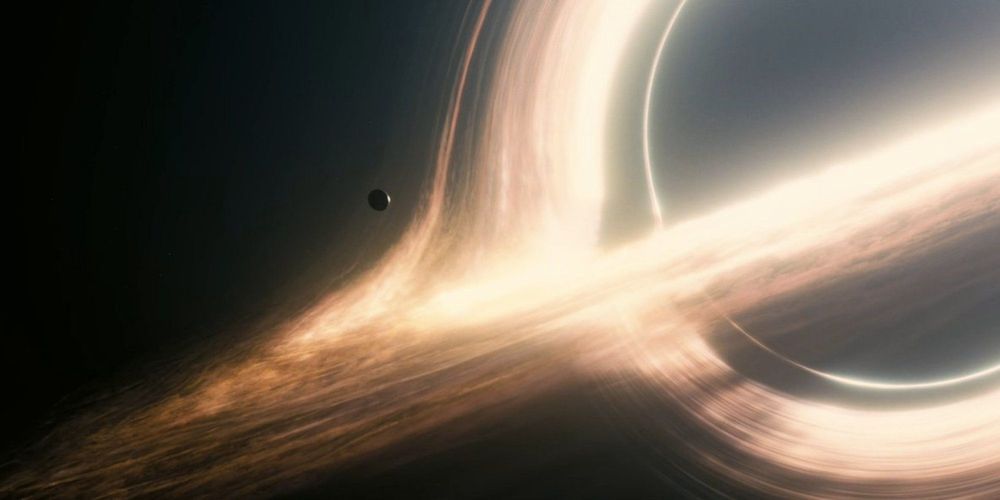

These types of therapies are used when there are no other alternatives available for diseases that can be very serious or even fatal.
A treatment that has already been used by several hospitals in Wuhan, although experts consider that ‘the evidence on its effectiveness is scarce.’
Albert Bosch, president of the Spanish Virology Society, has indicated that one of the greatest advantages of this treatment is that it is an ‘approved drug used in other medical procedures, so there are no doubts about its safety.’
A HIV drug has been used to successfully cure a coronavirus patient in Spain.
Sevilla’s Virgen del Rocio Hospital has begun using an experimental therapy to successfully treat a patient suffering from the Covid-19 virus, according to El Pais.
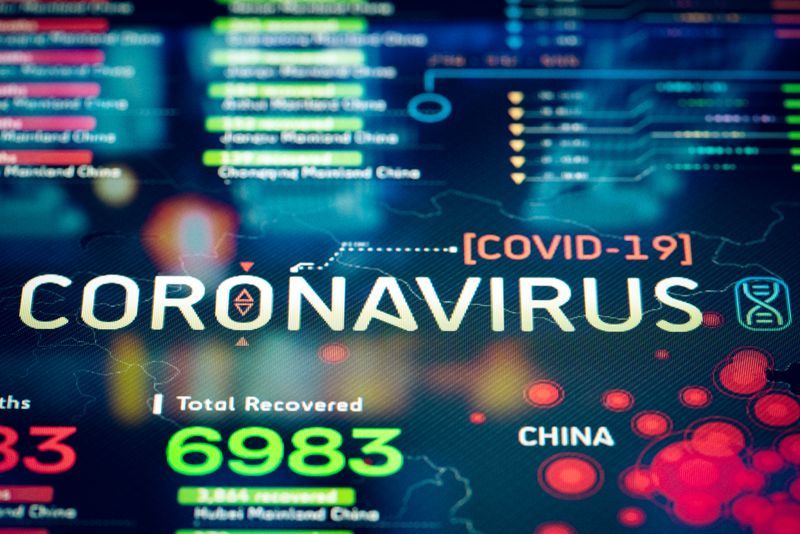
China’s biotech companies have been gearing up to repurpose existing drugs, approved in the West for other viruses, as treatments for the coronavirus outbreak originating in Wuhan.
Last month, Hangzhou-based Ascletis Pharma applied to the Chinese authorities to test two HIV protease inhibitors (ritonavir and ASC09) in clinical trials to treat COVID-19, the illness caused by the new coronavirus (Table 1). And Suzhou-based BrightGene Bio-Medical Technology announced in early February that it would begin to manufacture Gilead Sciences’ remdesivir (GS-5734), a broad-spectrum investigational antiviral, as a treatment for coronavirus infection.
Existing antivirals and knowledge gained from the SARS and MERS outbreaks gain traction as the fastest route to fight the current coronavirus epidemic.
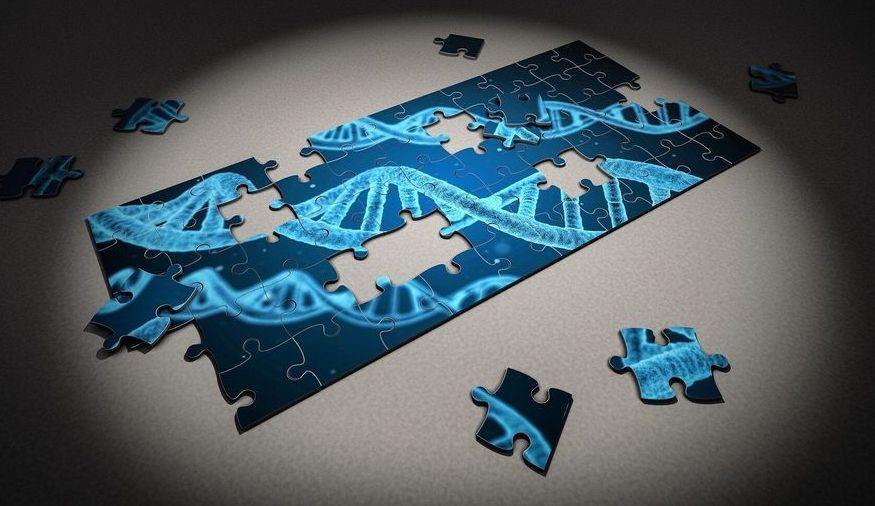
Scientists at Uppsala University have proposed an addition to the theory of evolution that can explain how and why genes move on chromosomes. The hypothesis, called the SNAP Hypothesis, is presented in the scientific journal PLOS Genet ics.
Life originated on Earth almost 4 billion years ago and diversified into a vast array of species. How did this diversification occur? The Theory of Evolution, together with the discovery of DNA and how it replicates, provide an answer and a mechanism. Mutations in DNA occur from generation to generation, and can be selected if they help individuals to adapt better to their environment. Over time, this has led to the separation of organisms into the different species that now inhabit all ecosystems.
Current theory holds that evolution involves mistakes made when replicating a gene. This explains how genes can mutate over time and acquire new functions. However, a mystery in biology is that the relative locations of genes on chromosomes also change over time. This is obvious in bacteria, as different species often have the same genes in very different relative locations. Since the origin of life, genes have apparently been changing location. The questions are, how and why do genes move their relative locations?
Today Bas Timmer spoke about the power of people helping people during the opening of Design Indabab 2020, where simultaneously Sheltersuit South Africa was launched! 🚀 A huge thank you to Ravi Naidoo and Design Indaba for providing the seed money for the production of the first 250 Shelterbags in Cape Town. We would also like to thank today’s amazing audience, we honestly couldn’t think of a warmer welcome to South Africa! ❤️ #peoplehelpingpeople
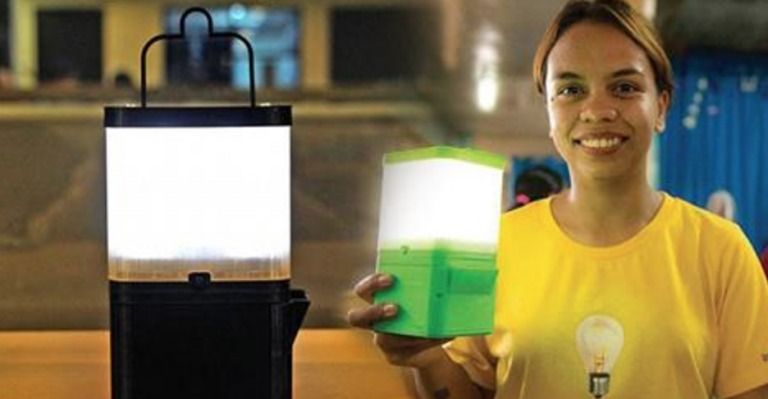
Electric supply is one of the lacking necessity in certain parts of the world even until today. Thinking to overcome this problem, these three siblings from the Philippines came out with one genius invention.
Aisa Mijeno is a computer engineering graduate who came out with the idea to make a lamp that runs on salt water together with her brothers Ralph Mijeno and Oscar Bryan Magtibay.
Aisa Mijeno is currently a member of the engineering faculty of the De La Salle University in Lipa, Batangas.
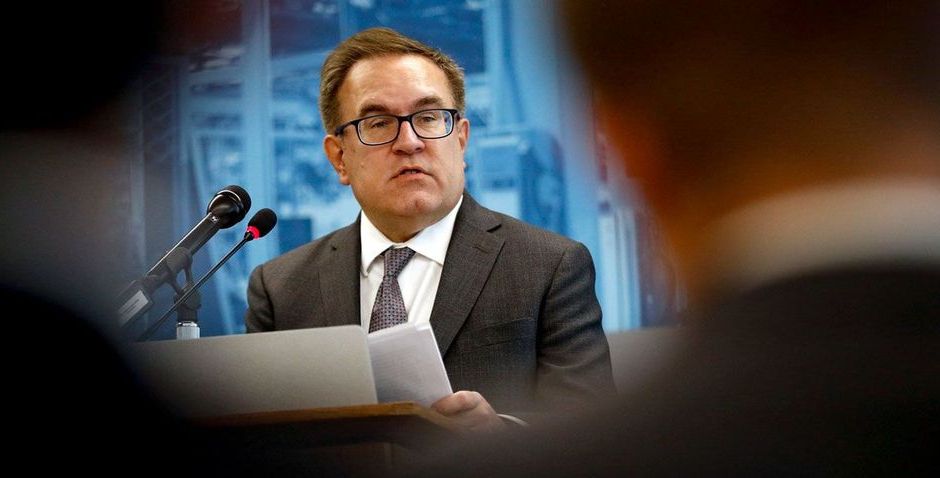

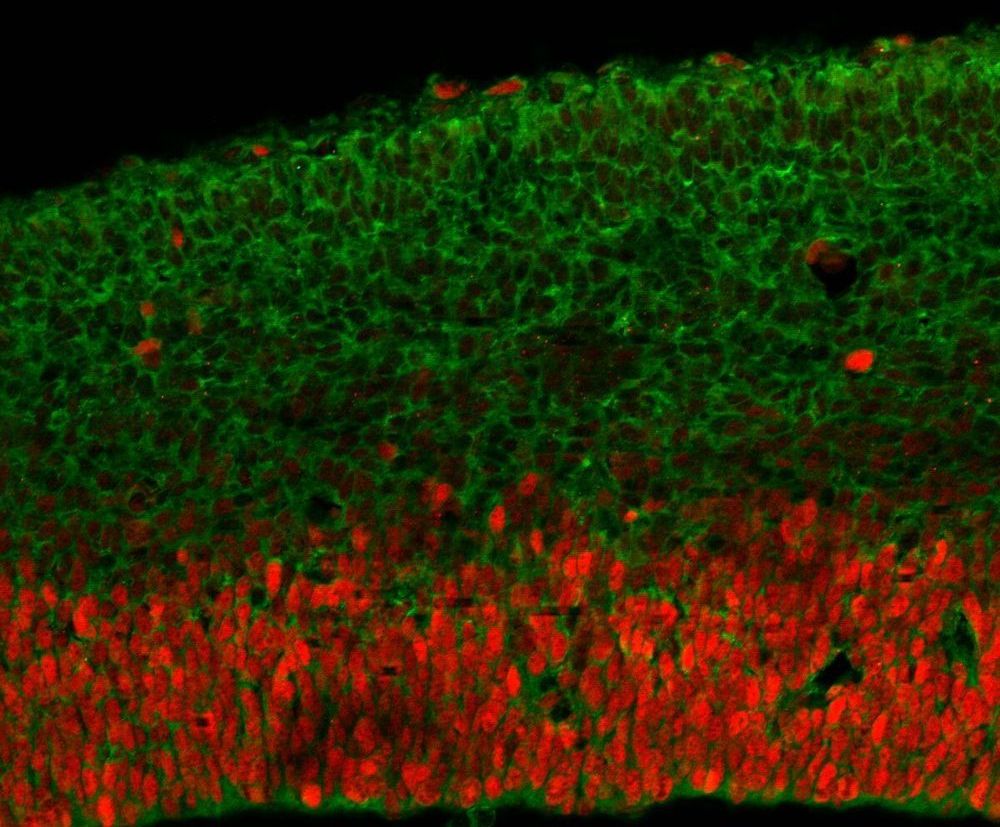
An international team of researchers that pooled genetic samples from developmentally disabled patients from around the world has identified dozens of new mutations in a single gene that appears to be critical for brain development.
“This is important because there are a handful of genes that are recognized as ‘hot spots’ for mutations causing neurodevelopmental disorders,” said lead author Debra Silver, an associate professor of molecular genetics and microbiology in the Duke School of Medicine. “This gene, DDX3X, is going to be added to that list now.”
An analysis led by the Elliott Sherr lab at the University of California-San Francisco found that half of the DDX3X mutations in the 107 children studied caused a loss of function that made the gene stop working altogether, but the other half caused changes predicted to disrupt the function of the gene.
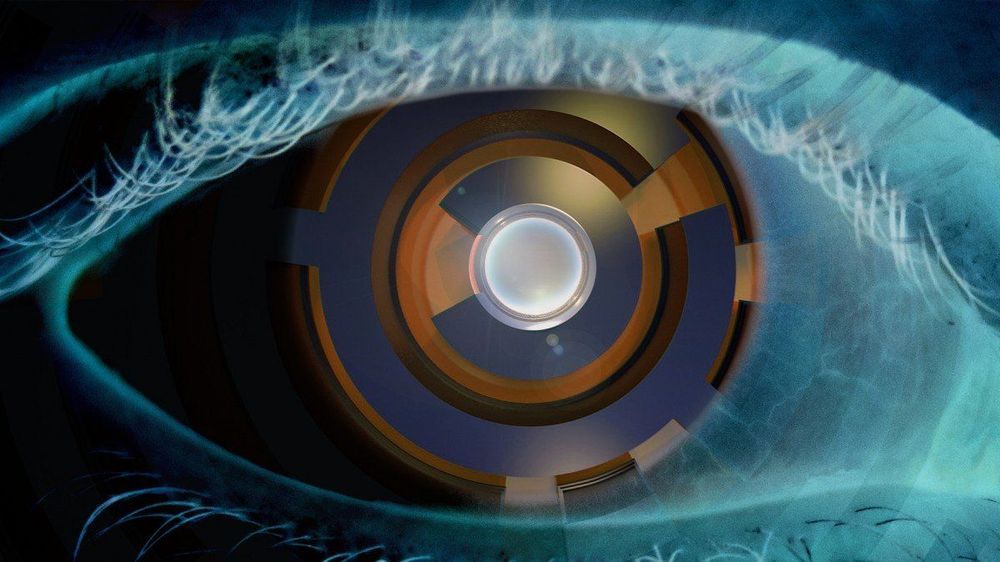
The news: A new type of artificial eye, made by combining light-sensing electronics with a neural network on a single tiny chip, can make sense of what it’s seeing in just a few nanoseconds, far faster than existing image sensors.
Why it matters: Computer vision is integral to many applications of AI—from driverless cars to industrial robots to smart sensors that act as our eyes in remote locations—and machines have become very good at responding to what they see. But most image recognition needs a lot of computing power to work. Part of the problem is a bottleneck at the heart of traditional sensors, which capture a huge amount of visual data, regardless of whether or not it is useful for classifying an image. Crunching all that data slows things down.
A sensor that captures and processes an image at the same time, without converting or passing around data, makes image recognition much faster using much less power. The design, published in Nature today by researchers at the Institute of Photonics in Vienna, Austria, mimics the way animals’ eyes pre-process visual information before passing it on to the brain.